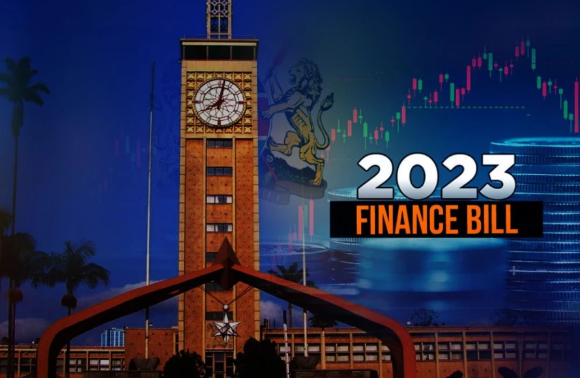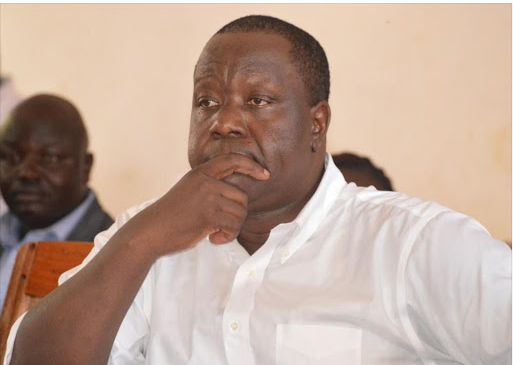Government Recommends Increase In University Fees From 16K To 52K

If the proposals of the presidential working party on education reforms are implemented, students in public universities across Kenya may have to pay higher fees to attend classes.
The taskforce, which presented its findings to President William Ruto last week, also advocated a slew of reforms aimed at enhancing the country’s higher education quality, including alleviating the financial load on universities by writing off debts owed to statutory agencies.
The second interim report, which focuses on higher education and the reforms required to make it more accessible and affordable, delves deeply into the sector’s financing.
The working party suggests tripling the fees paid by government-sponsored students at Kenyan colleges, from Ksh.16, 000 to Ksh.52, 000 every semester.
While arguing for the tuition hike, the taskforce also requests that the government raise its funding for higher education, which currently falls short of the institutions’ demands.
From the 2018/2019 academic year to the 2022/2023 academic year, there is a shortfall of around Ksh.164 billion at public institutions. For the same time period, private universities do slightly better, with a financing shortfall of Ksh.56.96 billion.
According to the research, the government should wipe off significant debts owing by universities to statutory agencies, which now stand at Ksh.56.13 billion, including deductions for PAYE, pension, NHIF, and NSSF, among other things.
Aside from finance concerns, the research recommends ways to enhance university governance, such as filling chancellor vacancies at 28 campuses.

 The Road to Victory: President Ruto’s Triumph in the August 2022 General Election
The Road to Victory: President Ruto’s Triumph in the August 2022 General Election  Finance Bill 2023- The Benefits
Finance Bill 2023- The Benefits  How Small Businesses Can Use AI to Increase Sales In Kenya
How Small Businesses Can Use AI to Increase Sales In Kenya  Not Today; Matiang’i’s Lawyer Says His Client Will Not Appear Before DCI Today
Not Today; Matiang’i’s Lawyer Says His Client Will Not Appear Before DCI Today  Senator Onyonka Urges President Ruto To Be Careful On How He Handles Matiang’i’s Case
Senator Onyonka Urges President Ruto To Be Careful On How He Handles Matiang’i’s Case  Form One Student Beaten To Death By Teachers Over Alleged Physics Exam Cheating
Form One Student Beaten To Death By Teachers Over Alleged Physics Exam Cheating